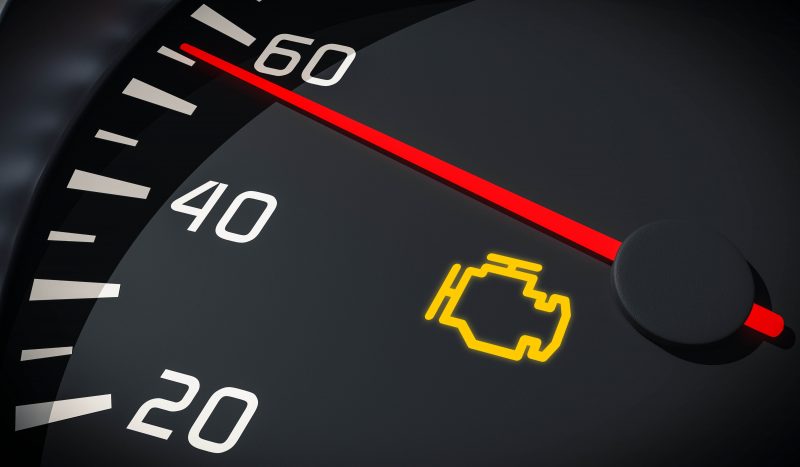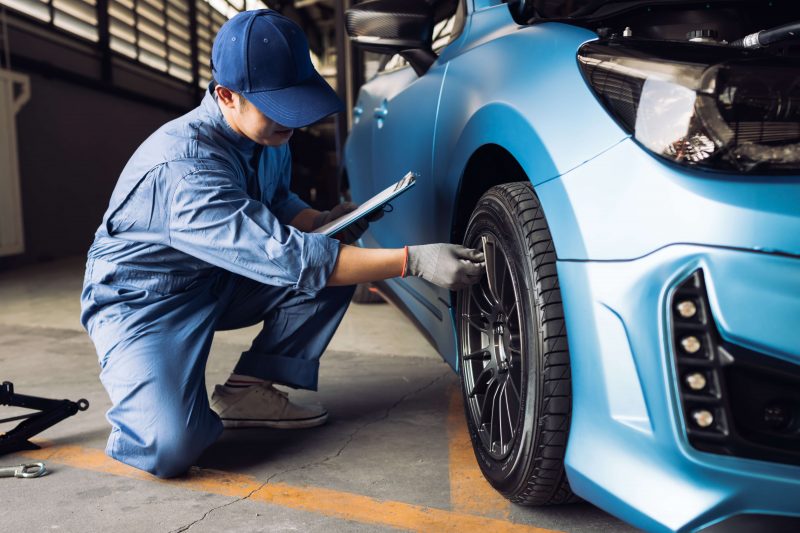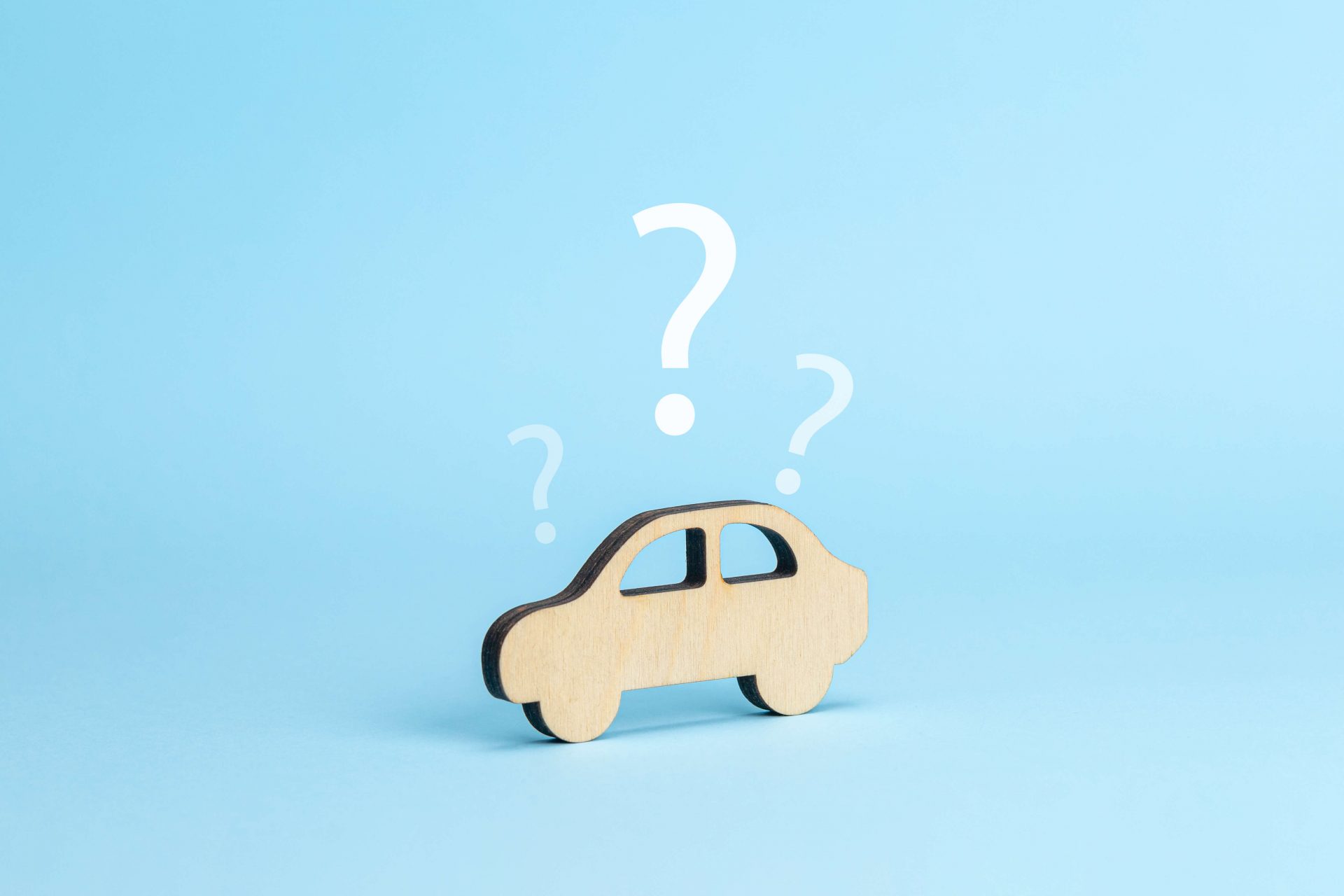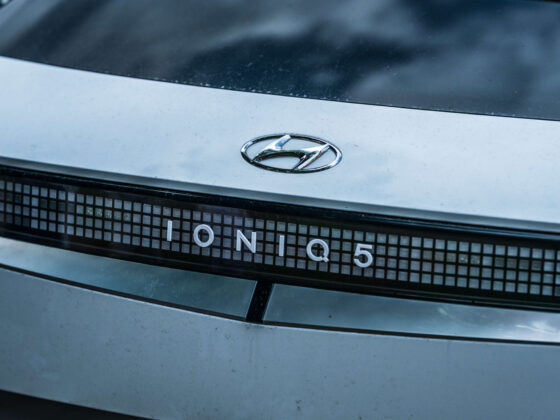Owning a vehicle can be a hefty responsibility. Like many things in life that require care and attention we are mostly just expected to wing it, to eventually get the hang of it. There is no official handbook given out when you first get your driver’s license that says: here, this is how to buy, maintain, sell a car. Of course we can seek out resources, explore different avenues, (read blogs), and ask questions. But mostly, we’re on our own, dependent on our own initiative to discover all the important stuff regarding vehicle ownership.
Use eTags© to Quickly Complete Your DMV Service. Renewals, Title Transfers and More, All Online!
So, because it’s sort of our thing to try and make your life easier (at least when it comes to the automotive world) we’ve put together a list of the most commonly asked questions regarding cars.
While we can’t cover everything in one article, we think this is a good start. And if you find yourself craving the answers to other automobile queries, don’t hesitate to reach out and let us know. Okay, here goes:
- What does the Check Engine light mean?
Okay, so this is probably the most frequent question folks have about their vehicle. That little light pops up, and panic ensues. But in reality, it’s not usually a cause for panic. The check engine light can mean a number of things related to the engine or its components. The diagnostic system has picked up an issue with your emissions, ignition, fuel, or exhaust. The light can indicate something minor like a faulty gas cap, or something major that could lead to engine damage. So while it’s not cause to immediately dial roadside assistance, it is something that should usher you into the mechanic’s garage ASAP.

- How can I improve my Fuel Economy?
Ah, the good old, I want more bang (gas) for my buck. We feel you on this one. Other than being sure to purchase a fuel-efficient vehicle – which is the obvious first choice – there are a few ways to conserve and stretch your gas, regardless of what you’re driving.
- Make sure you’re getting regular check-ups and maintenance. Prevention is the best medicine.
- Switch on cruise control whenever you’re on the highway.
- Keep your tires nice and inflated.
- Clean/replace your air filters frequently.
- Inspect/change your spark plugs often.
-
Avoid idling. You spend more gas keeping your car running idly (say, while popping into a shop) for 30 seconds than you would shutting off and restarting the engine!
- Is Higher Octane gas really necessary?
Well, it depends. You see, the octane level is the measure of detergent additives in the fuel, which then determines the fuel’s ability to prevent carbon deposits and avoid things like knocking and pre-detonation. It sounds good, right? The thing is, these improvements will only benefit your vehicle if the manufacturer has recommended a certain octane for the car. If your vehicle comes with a specific recommendation, then yes, you should absolutely follow it. In fact, filling a high-performance ride with low-performance gas can actually damage its engine. On the other hand, if your car is meant to run on regular gas, then filling it with premium will have no effect whatsoever on its performance.

- What is the difference between Gas and Diesel?
Mostly, the variation lies in the way the fuel is ignited. For gas engines, the fuel is combined with air, compressed, and then lit up by sparks from your spark plugs. In a diesel engine, first the air is compressed, then sprinkled with fuel. The heat coming from the compressed air acts as the spark to start the fire. A diesel engine has no spark plugs at all.
- Why are my Turning Signals suddenly blinking faster?
A small detail, but an obvious one, this. So when your indicators start to thump to a new, faster beat, it is usually because there is an issue with one of the bulbs. Either the connection is weak, or the bulb may need to be replaced.
- Why are my Brakes making noise?
If your brakes have started to sing to you (in a Barry White or Britney Spears octave) it could mean a number of things, depending on the type of noise. Some examples are:
- Scraping: you may have snagged a rock that got stuck.
- Squealing: it could be rust on the rotors – common with cars parked outdoors.
- Squeaking: your brakes are likely worn and need some TLC.
- Grinding: get thee to a mechanic, ASAP.
- How often do my Windshield Wipers need replacing?

Usually, wiper blades benefit from replacement every 6 months to a year. But here are a few signs that they are ready for an upgrade:
- They are lifted up off the glass of the windshield.
- There is a crack in the rubber.
- They leave streaks in their wake.
- Their motion is bumpy, rather than smooth, or they make a bumping sound when in use.
- Do I really need regular Oil Changes?
That depends on if you want your car to run properly…or not. Oil is what keeps your engine running smoothly, and if it is not checked and changed regularly (this timing depends on your vehicle manufacturer’s recommendations) it can turn to sludge. Old oil not only stops drawing heat from your engine, but could lead to complete engine failure.
Basically, not changing your oil could cost you your entire car. So we’re gonna say, YES, go for those regular checks and changes!
- Do I need to check my Tire Pressure?
Most modern vehicles come with a standard tire pressure monitoring system and will alert you if there is a drastic decrease in pressure. If your car does not have this feature, it is recommended that you have your pressure checked about once per month.

- How often does my Transmission Fluid need to be changed?
Not too often, and it depends on the type of vehicle you drive. For manual transmissions, the recommendation is every 30,000 to 60,000 miles, whereas automatic transmissions will only require a fluid change every 60,000 to 100,000 miles.
And there you have them. Ten of the most common car FAQ’s in the USA. We hope this list has been helpful, if not altogether enlightening. And you know, for so many automotive-related things, you can always pop over to www.etags.com. We’re here to help!









